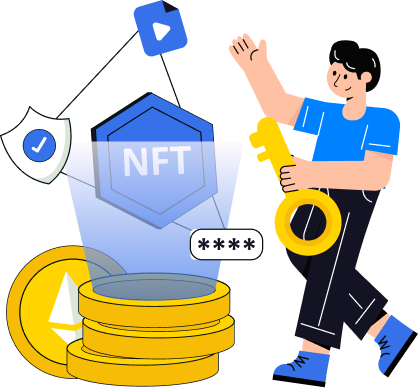What Is a Blockchain Scam?
A blockchain scam involves fraudulent activities where criminals use blockchain technology or cryptocurrencies to deceive people. The decentralized and often anonymous nature of cryptocurrencies makes them attractive to fraudsters.



